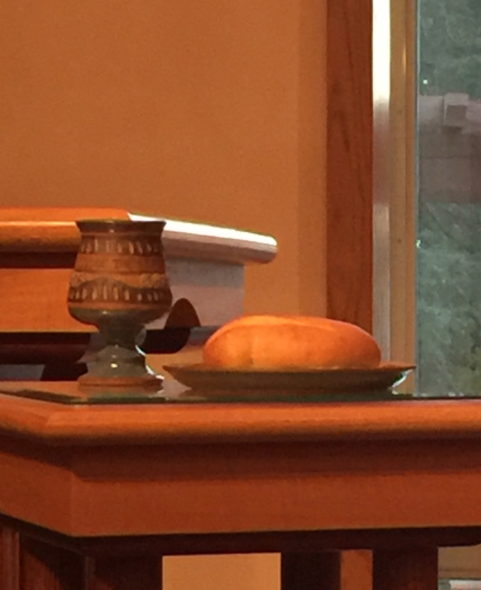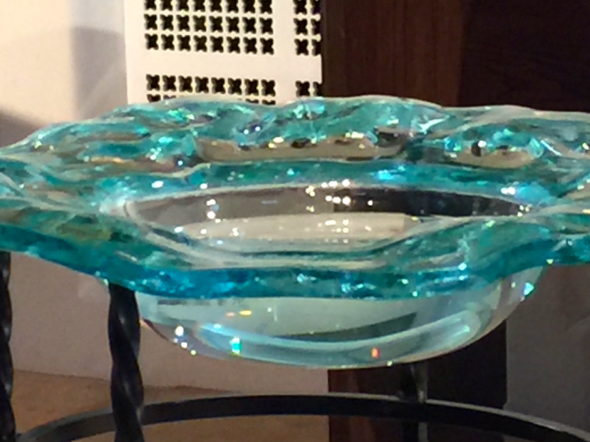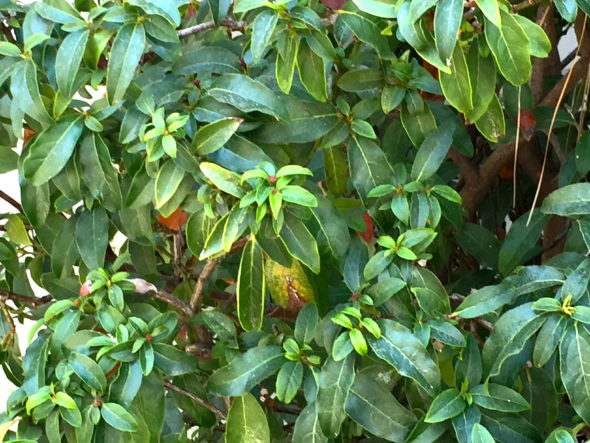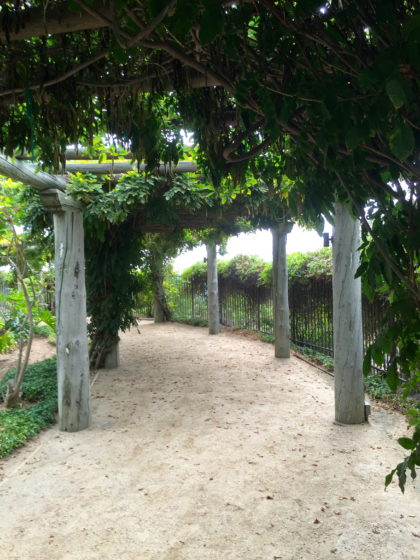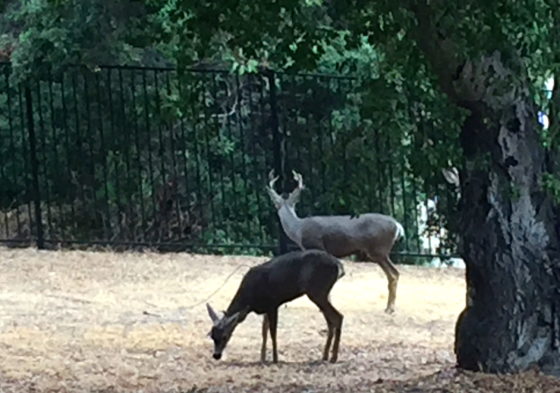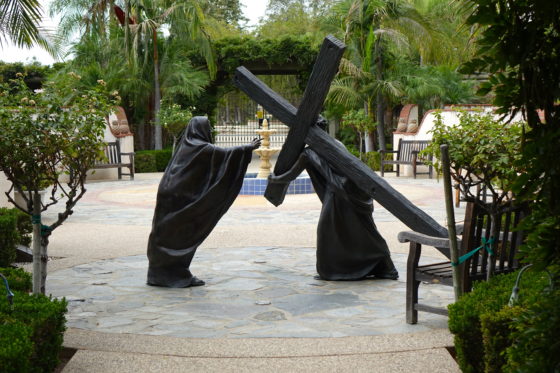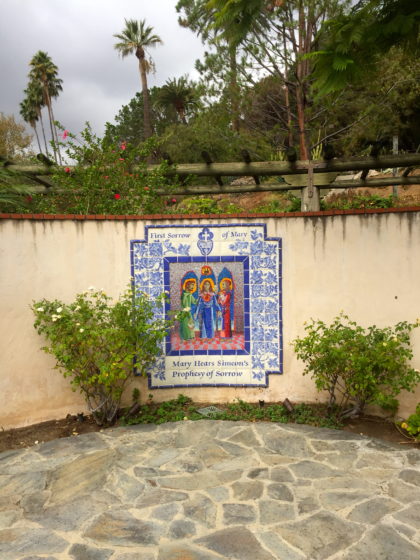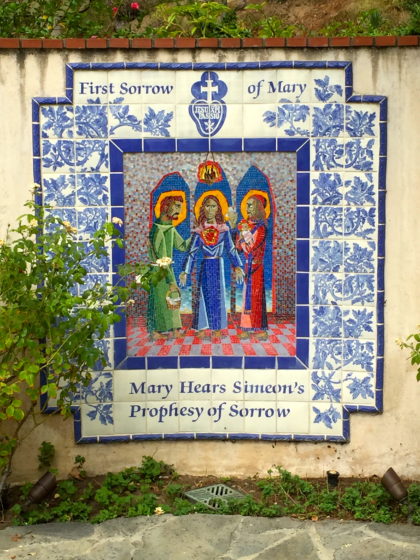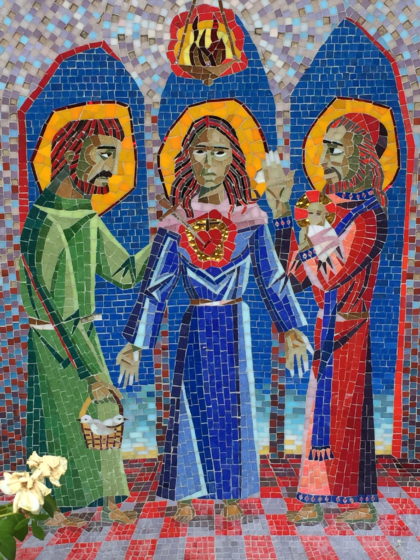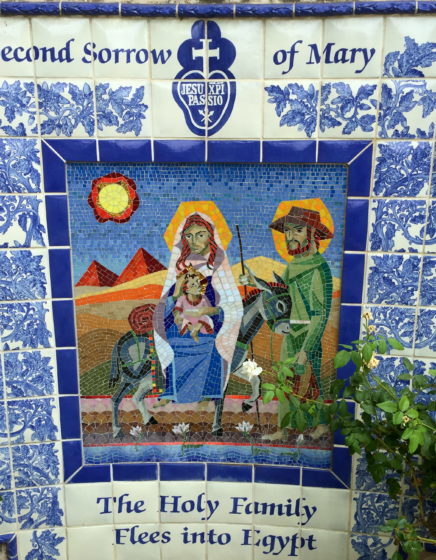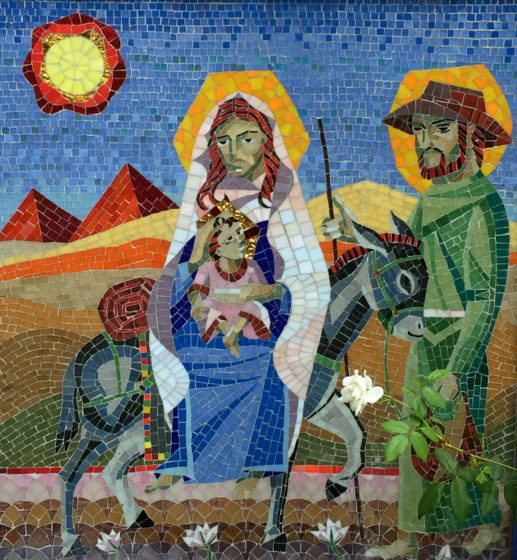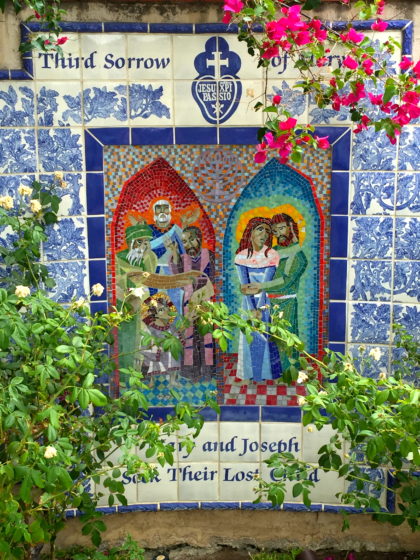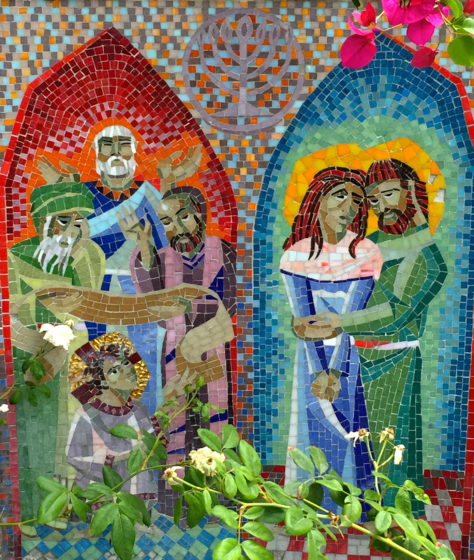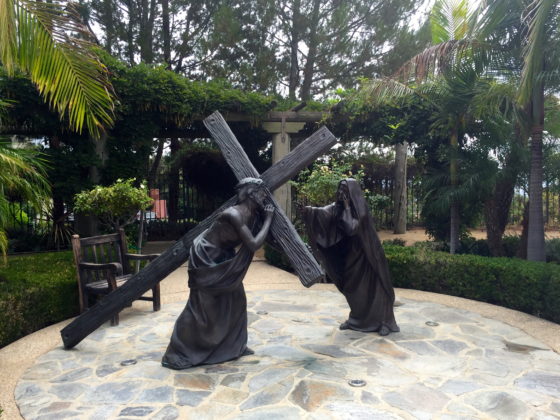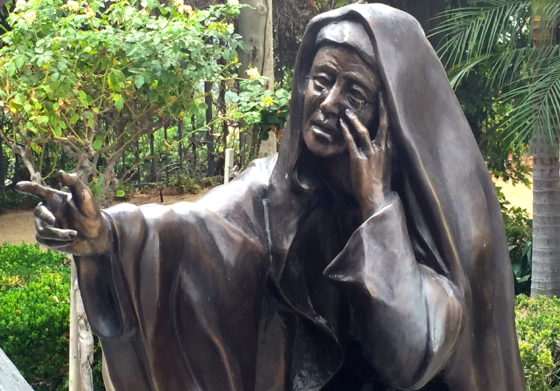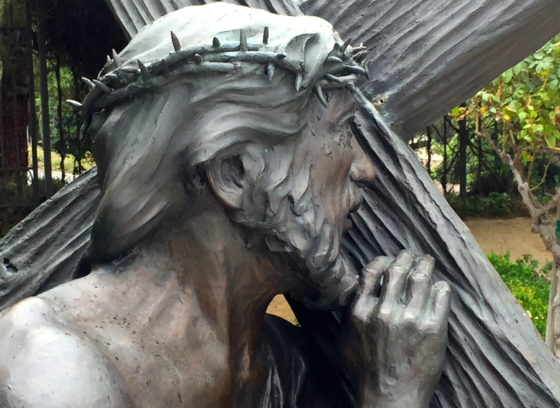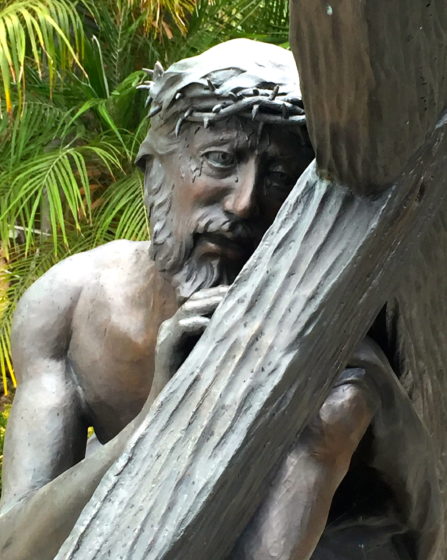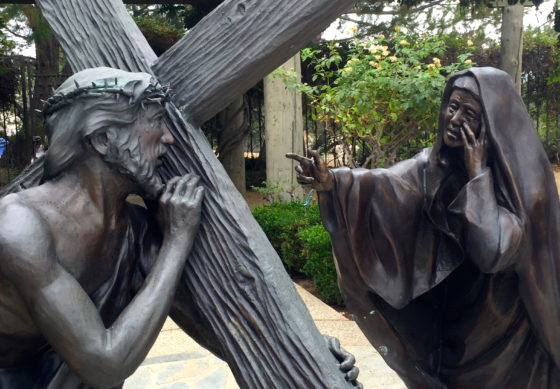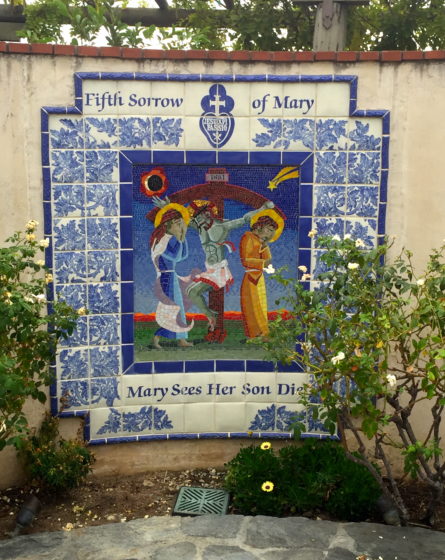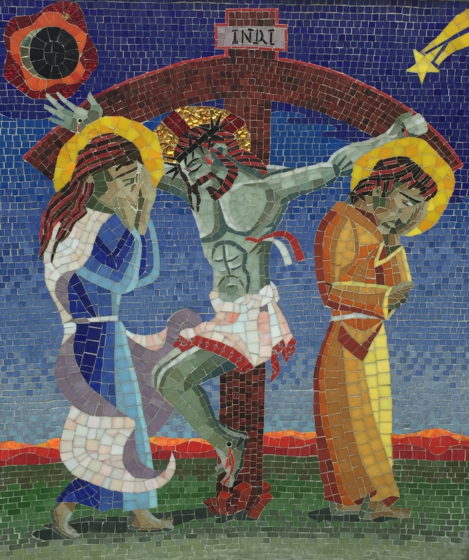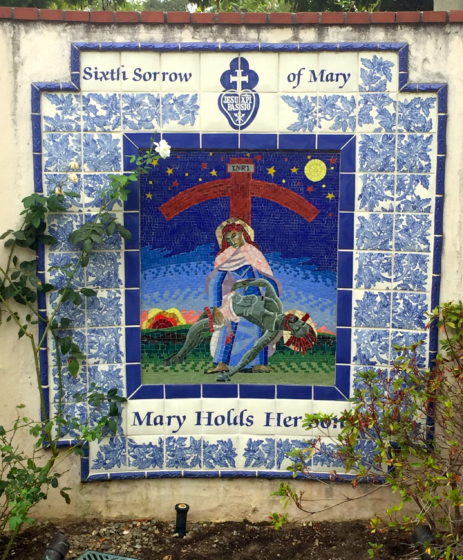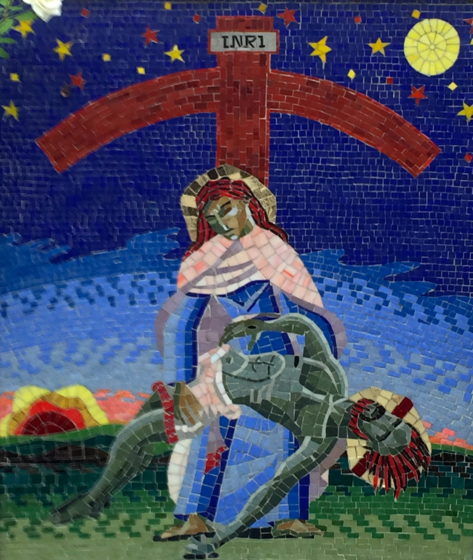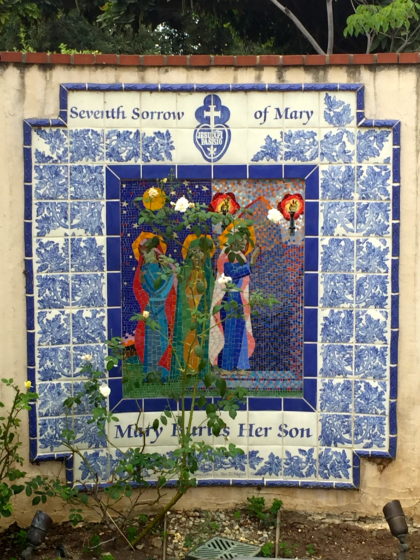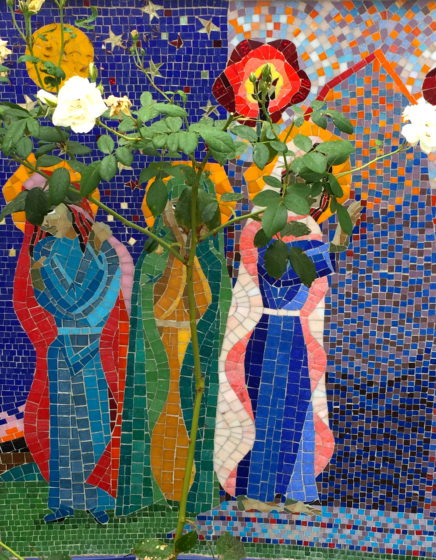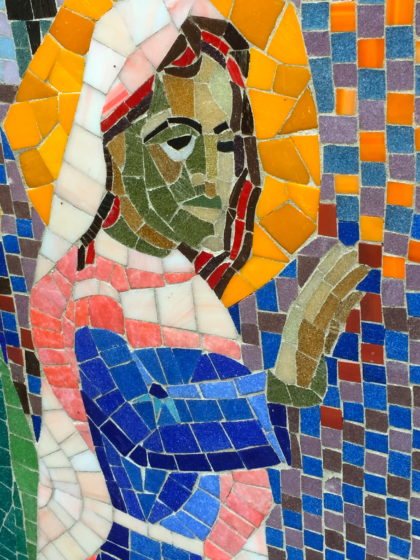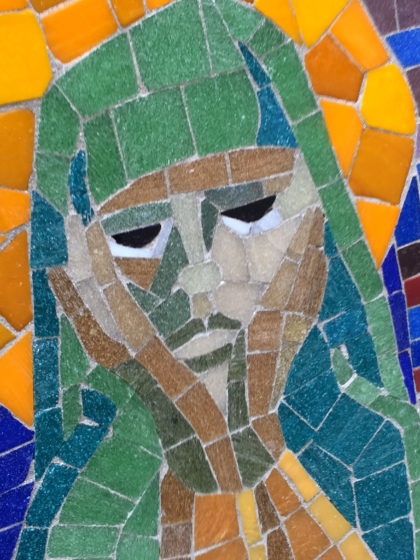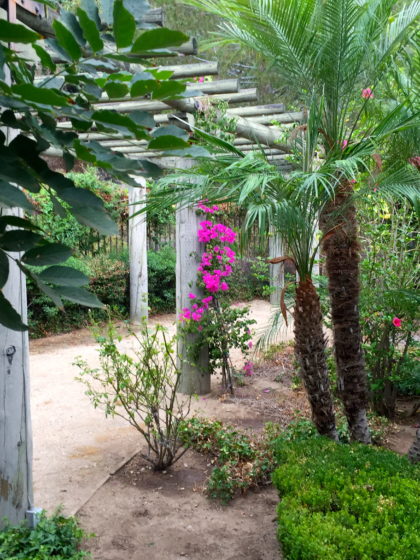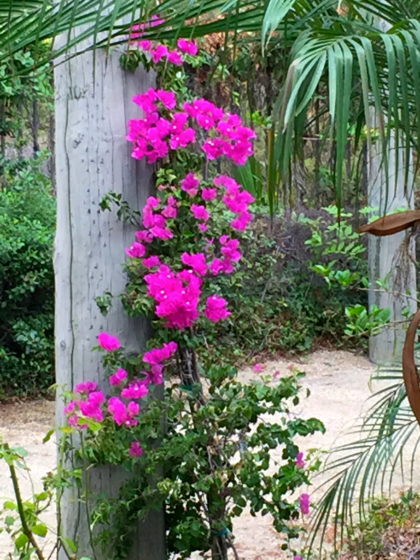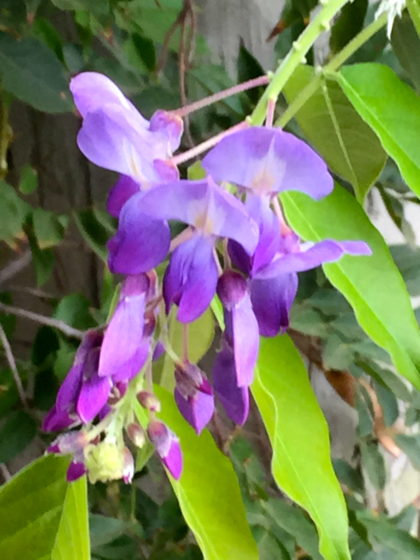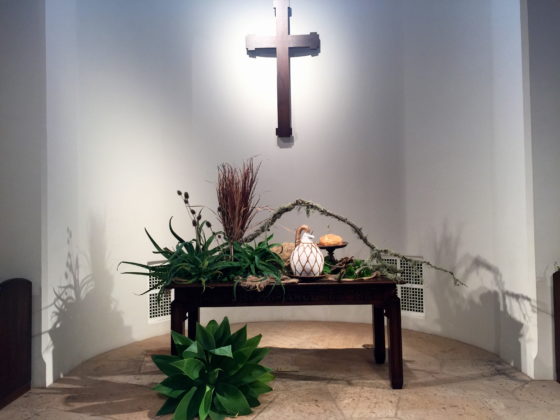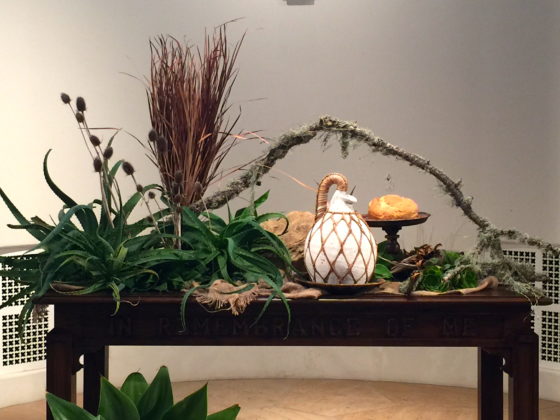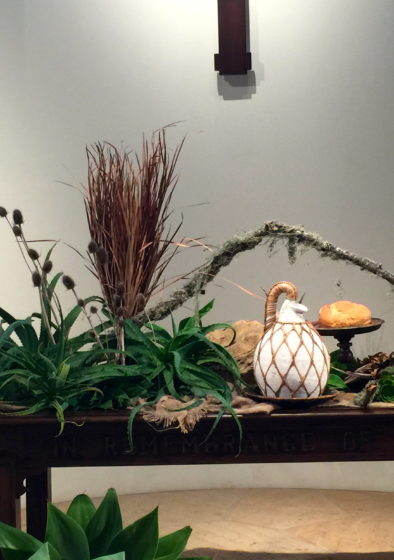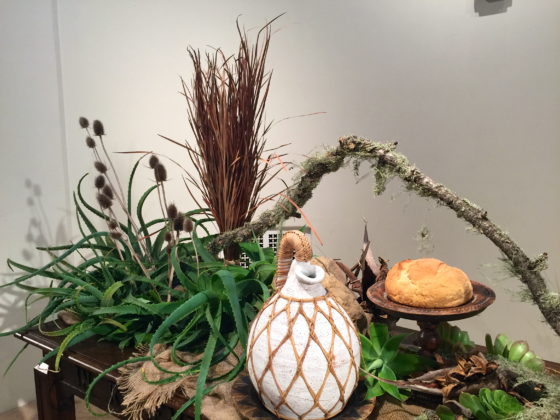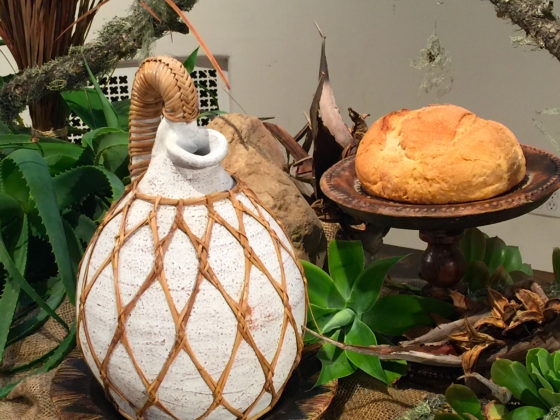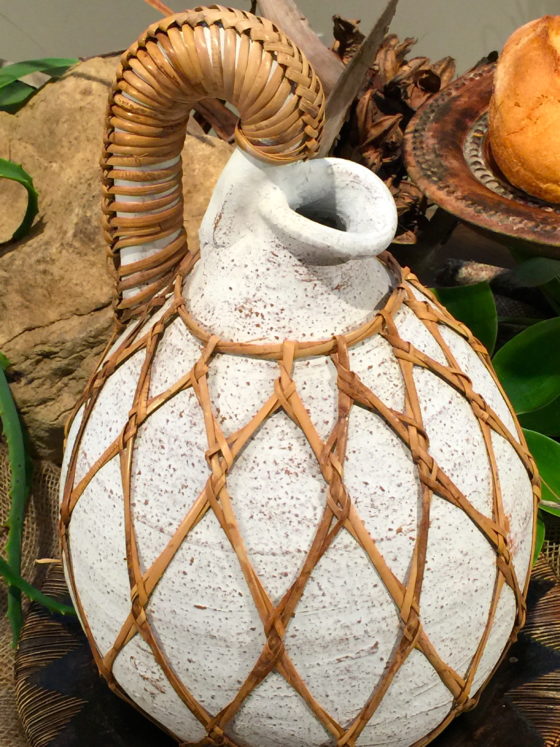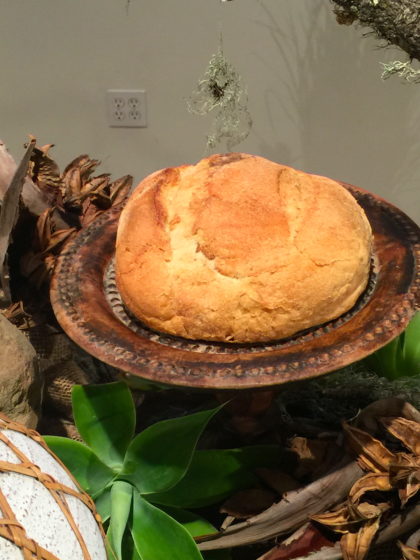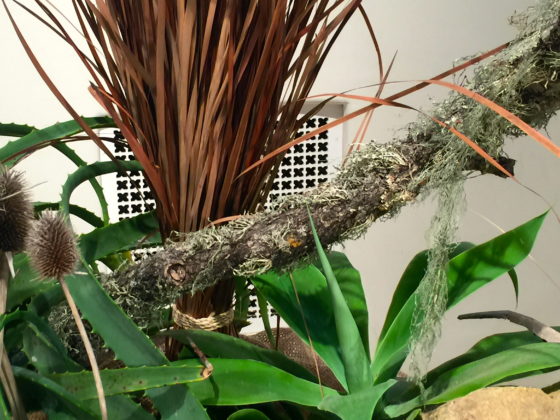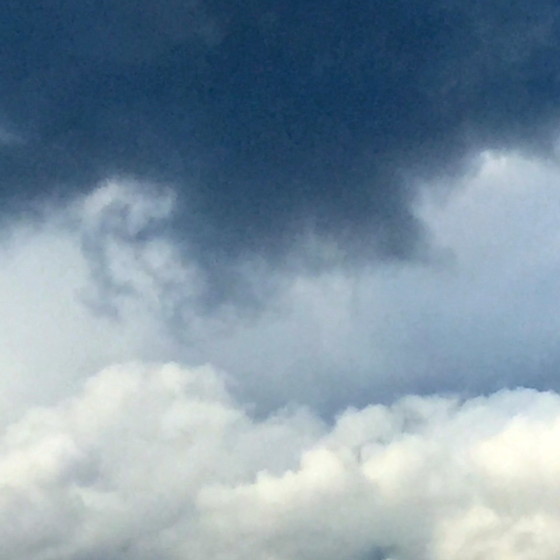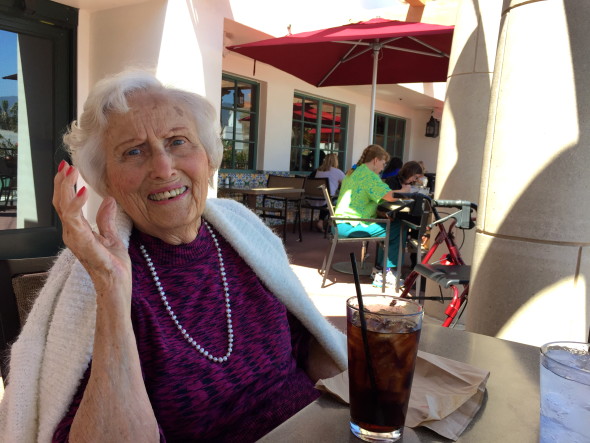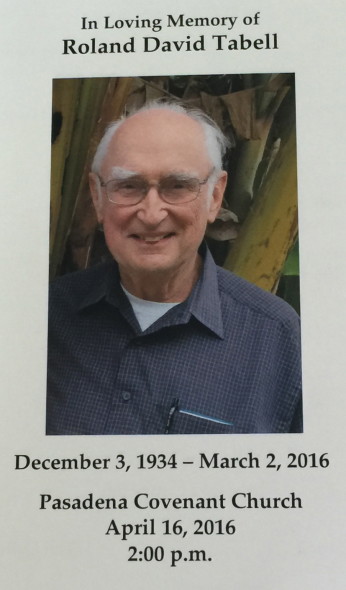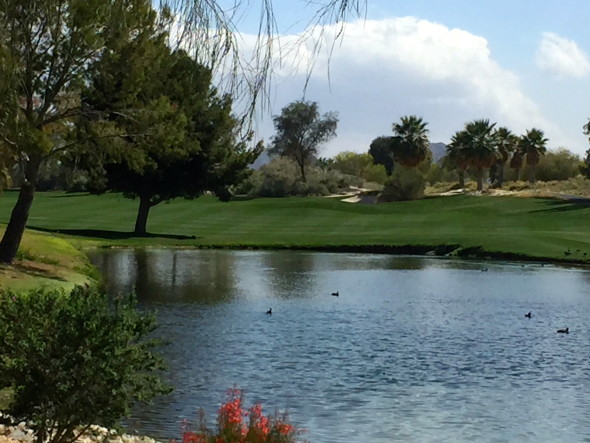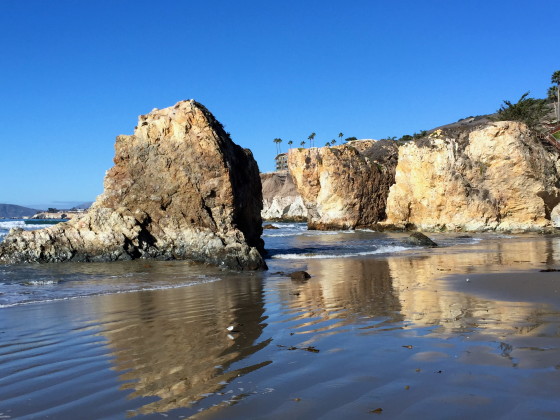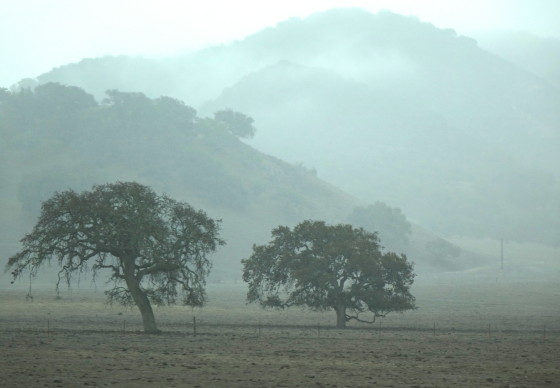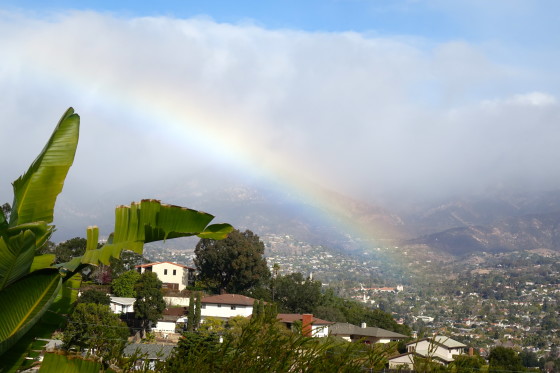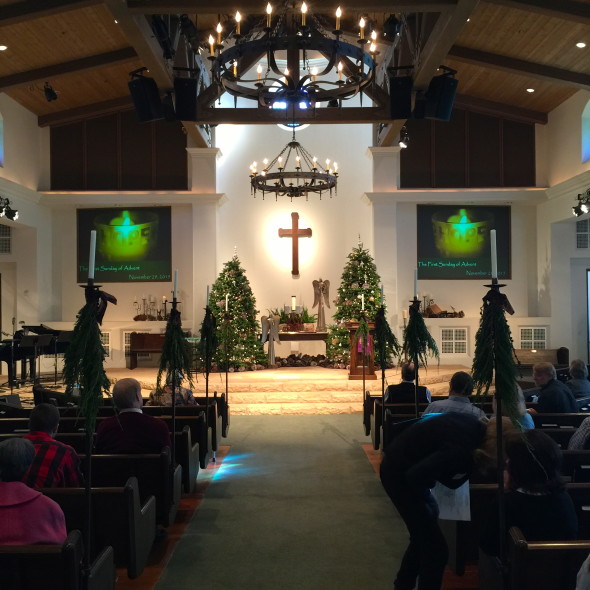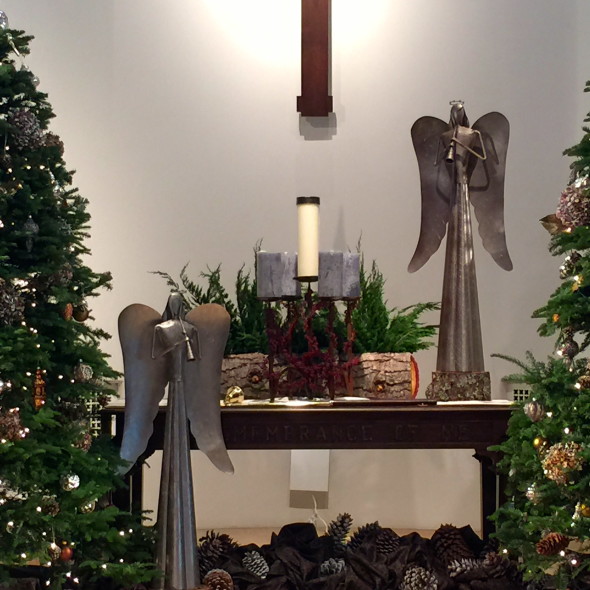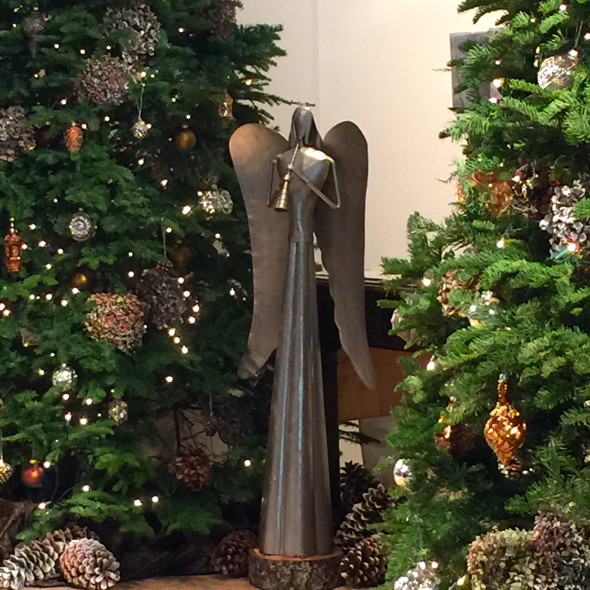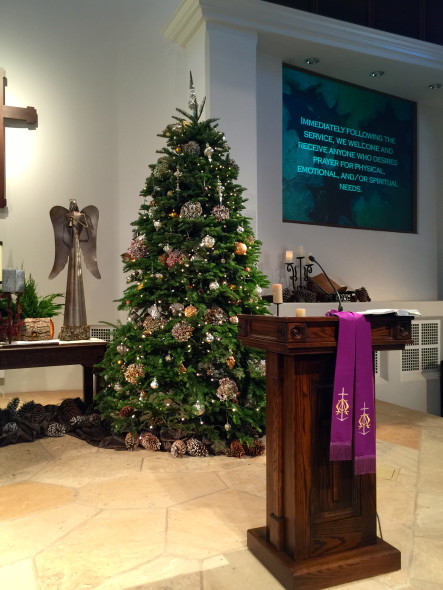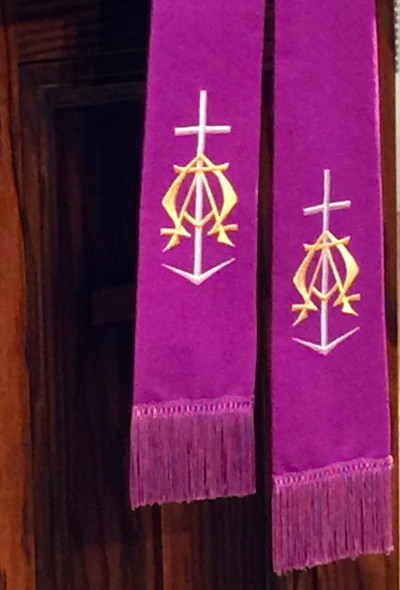The longer I live, the more I welcome and appreciate the celebration of the sacraments — eucharist and baptism. Setting aside everyday things like bread, wine/juice and water, and then inviting the Spirit of God to bless those simple things in an extraordinary way — well, it’s the best thing going, at least for me. Which made my experience of communion this month difficult for me. The truth is — I was distracted. We had guests whom we did not know well seated with us, I was singing in the choir, which required me to to exit my row just before the words were spoken and then take the elements in the balcony, where things were a tiny bit confusing. All of it added up to my not paying attention well and thereby missing the point.
Paying attention is important in lots of ways, it seems.
When I was on retreat in early September, the tiny group of us gathered at Mater Dolorosa enjoyed a small, intimate service of communion together in the beautiful chapel on the grounds there. The goblet and plate pictured above were part of that service.
Sometimes in small communion services, the leader will invite people to go forward alone — to partake when they feel ‘ready.’ Always, always, always — this jars me and I cannot do it. My understanding of the sacrament of the Lord’s Table is that it is communal — even if the community is as small as one bed-ridden parishioner and one pastor — and that the elements are offered, one to the other. They are received, not taken. That might seem like a pretty fine distinction to some, but for me it’s an important one. So my good friend, Sherry, who was seated next to me (and with whom I’ve had conversations about this very thing) whispered to me, “Would you like to go up with me and offer it to one another?”
And so we did. Then each of the other three opted to receive them from one of us, too. It felt right to pay attention to that small detail and I’m glad we did.
Our church community enjoyed the second sacrament a bit unusually last month. The picture below is of our beautiful baptismal bowl, made for us by the same talented Seattle artist who designed all of our stained glass windows. I love it’s curves, its soft turquoise color and the way the water is both visible and invisible within it. In our tradition, we offer both infant and adult, or believer, baptism. This particular baptism was an ‘adult’ one, but it was for a 4-year old boy. A special 4-year-old boy who had talked it over carefully with his parents and with his pastors and very clearly said that he understood what it meant and why it was important. And so, all of us together, listened to and then spoke the words together, the beautiful words that signify our remarkable passage from death to life, the words that commit us to one another as a body of believers.
And I loved paying attention to every word.
Liturgy is important in my life. What about you? Do you enjoy beautiful words of worship that are familiar and frequent?
